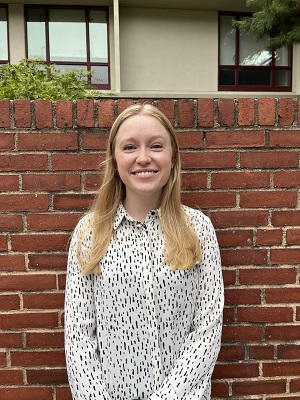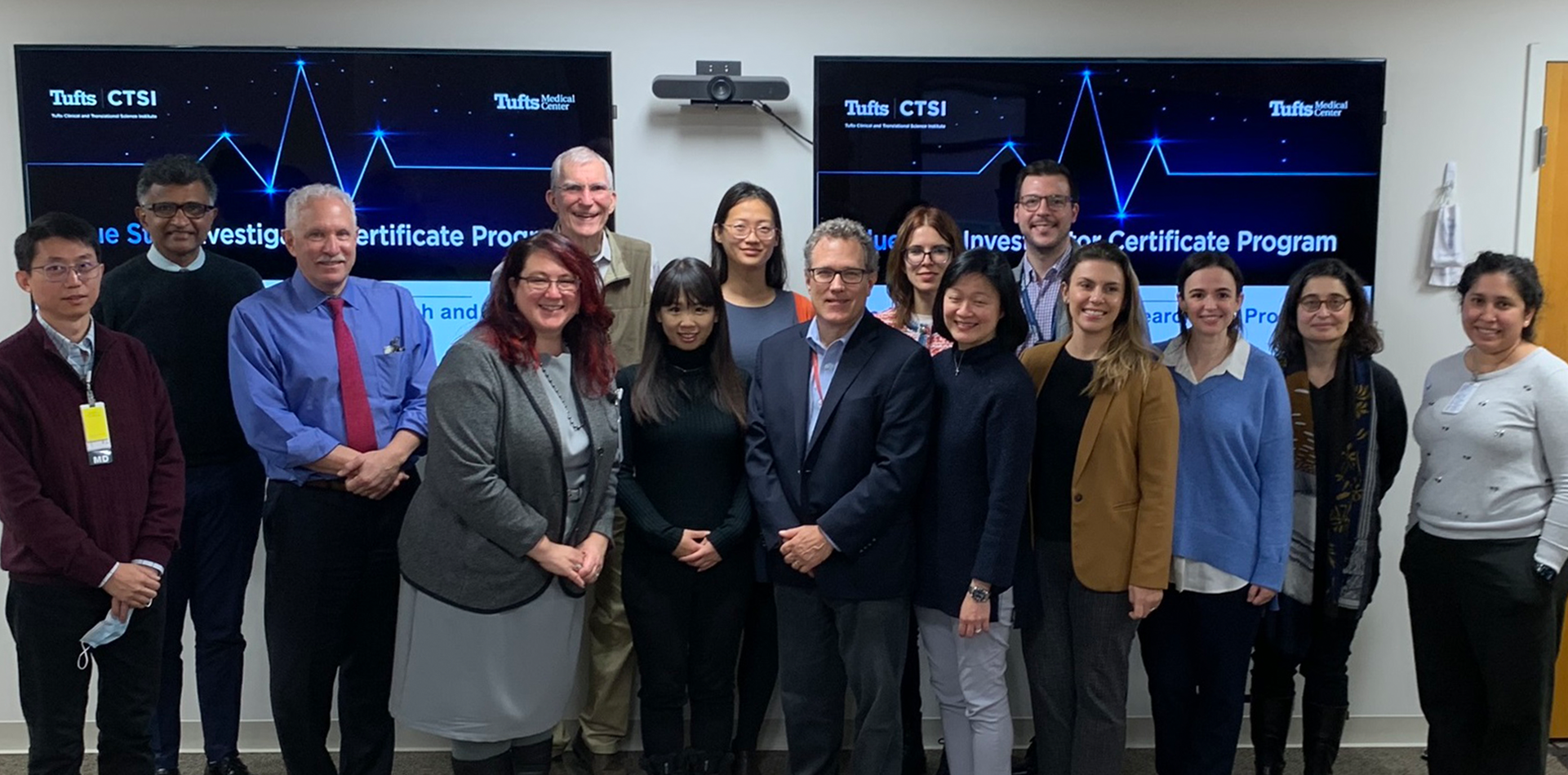General
How many mentors should I have?
Mentors are those who provide the K12 Scholar subject matter expertise and/or career development mentoring. Mentors are expected to be involved with the Scholar throughout the award period and meet on a regular basis. Scholars often have two or three mentors. One mentor is designated as the primary mentor. The primary mentor is often the mentor who is at the same institution, has the most overlap with domain or methods, or is the most appropriate person for research career development. Co-primary mentors are allowed if one is designated as the contact mentor. The rationale for this approach should be justified in the application. The primary mentor (or co-primary mentors) is expected to meet with the Scholar twice a month. Secondary mentors are also involved in career guidance but will have a less involved role due to, for example, distance or different domain expertise. Meetings with secondary mentors should be approximately every two months at minimum. These are guidance to developing an optimal team, and not requirements. Discussion with K12 team prior to application is encouraged.
What is the difference between mentors, collaborators, and consultants?
Mentors are those who provide the K12 Scholar subject matter expertise and/or career development mentoring. Mentors are expected to be involved with the Scholar throughout the award period and meet on a regular basis. Mentors are not included in the budget. Collaborators work with the K12 Scholar on one specific aspect of the project. For example, they may provide support with laboratory samples, assays, surveys, datasets, or participate in recruitment. Some of the work might be included in the budget. Consultants provide expertise to K12 Scholars on one aspect of the project, and are generally not included in the budget
Can I apply if my mentor is not on your mentor list?
If your mentor is not on the list, please provide the mentor’s biosketch during your pre-application. The NIH expects that mentors for these awards have their own research funding and expertise in mentoring early career faculty.
Should all of my mentors be at partner institutions of Tufts CTSI?
We strongly recommend the primary and secondary mentors be from within Tufts CTSI partner institutions. Please reach out to K12 leadership team if you need assistance or advice in developing mentoring teams.
What is the difference between the CTSI K12 and the BIRCWH K12?
The CTSI K12, funded through the National Center for Advancing Translational Sciences (NCATS) at NIH, is open to all translational science projects. The BIRCWH K12 is open to all basic science and translational science projects in projects that conduct research in sex and gender differences. The Office of Research on Women’s Health (ORWH) at the NIH is the institute that sponsors the BIRCWH K12, with the funding through the National Institute of Arthritis, Musculoskeletal and Skin Diseases ( NIAMS).
The CTSI K12 accepts candidates from our CTSI partner institutions, while the BIRCWH K12 only accepts candidates who are faculty at Tufts.
My department plans to propose me for a faculty appointment for this spring, can I apply before that is approved?
Individuals can apply for funding in their last post-doc year. The faculty appointment must be anticipated at the start of the award for the BIRCWH and within one year for the CTSI K12. If this is in process at the time of the application, the chair/department letter should state the faculty level that has been proposed.
I’ve applied in the past for a K23, but the K23 award was triaged and not discussed. May I now apply for the K12?
Yes, if the award was triaged, you may apply.
I submitted a K23 application in the last round. My application was scored but was not in the fundable range. The grants have not yet been reviewed by council. Can I apply for the K12?
If your prior application is still listed as under review on eRA Commons, then you are not eligible for a K12 award. To apply and be funded, you will need to administratively withdraw the K23 submission. If you have no further action/processing designation in eRA Commons (NFA/P), you are eligible to apply. Applicants for K12 appointments may not simultaneously submit or have pending an application for any other PHS mentored career development award. Please contact us with questions related to specific situations. .
Can I apply simultaneously for a K12 award and a S-GATS Studies Program grant?
A single PI can submit both a K12 and a Tufts CTSI S-GATS (previously Pilot) application, and these will be reviewed and independently scored by separate review committees. Please note, however, an investigator cannot be awarded a simultaneous K12 award and S-GATS Studies Program funding as the PI or lead. If an investigator has a K12 award, he or she may serve as a co-investigator of another S-GATS Studies Program application. This pilot study must be a different research project than that proposed for the K12.
If I have completed an MPH in the past, do I need to complete the MS in Clinical Translational Science?
We recommend you speak with the Program Director or Program Manager about your training goals and if the MS program will support your application. The Clinical and Translational Science Graduate Program provides rigorous training in translational research methodology. Advanced quantitative methods are a major strength of our program, with Scholars developing facility with advanced regression techniques, propensity score regression, modeling building, systematic review, and meta-analysis. All BIRCWH and CTSI K12 awardees are encouraged to complete the Study Design, Scientific Writing, and Grant Writing courses during the training program.
I am a Co-PI on a $200,000 foundation grant. Am I eligible to apply for a K12 award?
The prior grant, even from a non-federal source, makes you ineligible to apply for this award. Former or current PDs/PIs on any NIH research project grant [this does not include NIH small grants (R03), Exploratory/Developmental (R21) or SBIR, STTR (R43, R44 grants)] or equivalent non-PHS peer reviewed grants that are over $100,000 direct costs per year, or project leaders on sub-projects of Program project (P01) or center grants (P50) are NOT eligible to participate as Scholars.
CTSI K12-specific FAQ’s
Is there a specific research focus for the CTSI K12 application and award?
Proposals across the entire T1 – T4 spectrum of translational research are eligible for this award.
Does my research need to involve direct research with humans to be considered translational?
Translation, as defined by the National Center for Advancing Translational Sciences (NCATS), is the process of turning observations in the laboratory, clinic, and community into interventions that improve the health of individuals and the public – from diagnostics and therapeutics to medical procedures and behavioral changes. Tufts CTSI defines translational research as research whose findings have a direct sight towards improving health. You as the applicant need to make the case to the reviewers that your research and its potential findings will lead to new or improved scientific understanding that will lead to improved health of the public.
Is a faculty appointment at a Tufts-affiliated school required for those applying to the CTSI K12 program?
Individuals with a full-time faculty appointment at the rank of Instructor or Assistant Professor, who are members of any of the Tufts CTSI partners, are eligible. In addition to faculty in the School of Medicine who work at a Tufts-affiliated hospital, faculty at other Tufts schools and centers (Nutrition and HNRCA, Arts and Science, Engineering, Veterinary Medicine, Dental Medicine, Biomedical, Fletcher), and our affiliated academic partners of Brandeis, Maine Medical Center, MIT, Northeastern, and RAND are eligible to apply.
When does funding begin for awarded CTSI K12 applicants?
Applicants should expect funding to begin on July 1, 2025.
BIRCWH K12-specific FAQ’s
Is there a specific research focus for the BIRCWH K12 application and award?
Proposals must focus on interdisciplinary basic, translational, behavioral, clinical, and/or health services research, and be relevant to women’s health or sex and gender differences.
Is a faculty appointment at a Tufts-affiliated hospital required for those applying to the BIRCWH K12 program?
A faculty appointment at any school of Tufts University (Schools of Medicine, Nutrition, Veterinary Medicine, Dental Medicine, Arts and Sciences, and Engineering) including Tufts University School of Medicine, as a clinician or investigator at a Tufts-affiliated hospital, is required for applicants to the BIRCWH program. Individuals with a full-time faculty appointment at the rank of Instructor or Assistant Professor, who are members of any of the Tufts CTSI partners, are not eligible. In addition to faculty in the School of Medicine who work at a Tufts-affiliated hospital, faculty at other Tufts schools and centers (Nutrition and HNRCA, Arts and Science, Engineering, Veterinary Medicine, Dental Medicine, Graduate Medical Sciences, Fletcher) are eligible to apply. Other CTSI affiliates are not eligible for the BIRCWH K12, but are encouraged to apply to the Tufts CTSI K12.
When does funding begin for awarded BIRCWH K12 applicants?
Applicants should expect funding to begin on May 1, 2025 for the BIRCWH Program.



